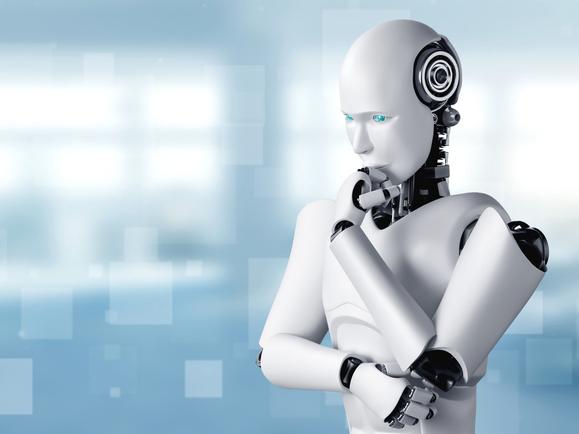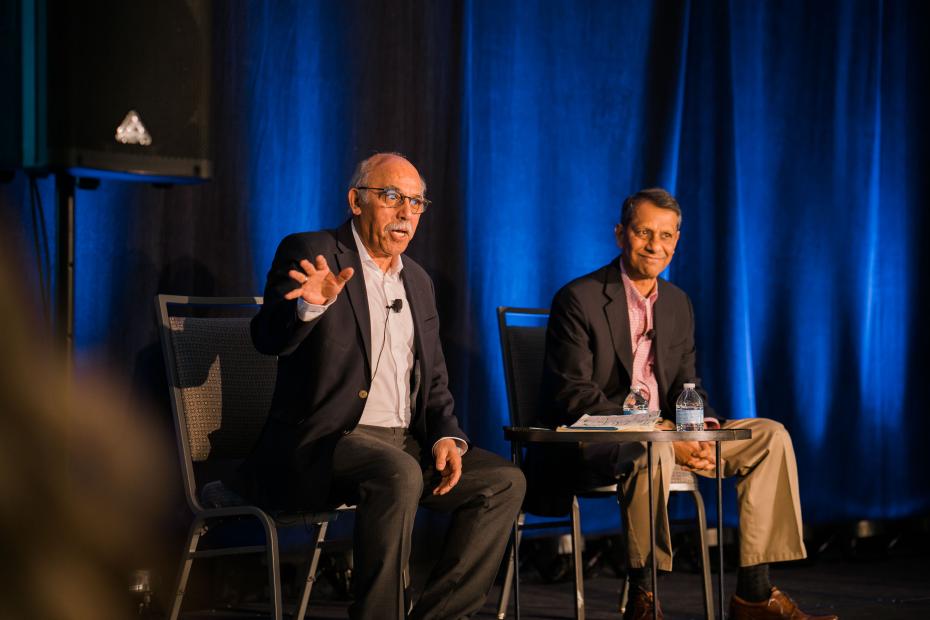
Re-evaluating natural intelligence in the face of ChatGPT
Generative AI tools mean that our pedagogy, understanding of specialisation and how we value human abilities such as empathy, compassion and critical thinking must change
How will new technologies impact the nature of higher education? Before ChatGPT, the world witnessed major shifts led by innovations in information storage and transmission. Papyrus in ancient Egypt, the Gutenberg press in 15th-century Europe, and the internet in the 20th century were all milestones in the mass dissemination of knowledge.
Today, we are on the brink of yet another revolution, one that transcends the mass dissemination of knowledge in the form of platforms that facilitate the targeted generation and regeneration of information according to individual needs.
- Collection: AI transformers like ChatGPT are here, so what next?
- Keep calm and carry on: ChatGPT doesn’t change a thing for academic integrity
- We don’t teach students to use a slide rule in a world of calculators
This development will encourage us to better mimic what machines do well and nudge us to focus on what machines cannot yet do. The GPT in ChatGPT, which stands for “generative pre-trained transformer”, will increase the speed and need for humans to learn how to integrate knowledge and data across domains.
Yet computational advancements, as astonishing as they are, have yet to produce a machine genuinely capable of empathy and compassion. A study of 889 employees by Catalyst revealed how empathetic leadership enhances engagement, retention, inclusivity and innovation in the workplace. With empathy remaining the preserve of natural intelligence, for now, machines still need a dedicated human touch and intentionality guided by more than data or algorithms.
Increasingly, complex real-world challenges both cut across disciplinary boundaries and call for these intrinsic human qualities. To address these problems, how should our pedagogy go beyond the dissemination of knowledge, and towards the synthesis of new intellectual capital?
Enabling critical thinking
University admissions officers must find new instruments, such as games, to identify students whose competence goes beyond knowledge-gathering and furnishing past-verified answers to the ability to ask productive questions. For example, candidates could be immersed in a real-world problem and asked to pose questions from the perspective of different stakeholders. The very meaning of specialisation will be revisited as the need for interdisciplinary learning becomes more urgent to demonstrate human value-add over artificial intelligence (AI) generated from massive data sets.
A natural consequence of integrating multiple disciplines is a tension in balancing diverse (and sometimes competing) perspectives. In terms of AI, this is like asking ChatGPT to make a connection between two bodies of knowledge that are not usually linked, one which requires human expertise for deeper and more meaningful integration. Interdisciplinary enquiry especially draws on critical thinking, which is an area that poses challenges for AI.
Pedagogy that embraces interdisciplinary enquiry beyond AI
An answer may be to explore modes of enquiry that both enlist AI and transcend it. At the College of Integrative Studies, students taking the module AI and Humanity, for example, analyse how technological solutions can improve the well-being of the vast numbers of migrant workers in Singapore. Here, beyond attending to cultural and language barriers in dissecting real-world issues, our students seek to understand the daily living conditions of these migrant workers. They are guided to develop a solution within an ecosystem where different stakeholders (including employers, dormitory operators, NGOs and government) are involved.
Tasked to create a chatbot to answer questions on how to enhance the well-being of migrant workers in Singapore, our students compared development methods with and without language models. Students were taught a conventional approach without language models, where students manually curated categories of requests that a migrant worker might present and the bot’s responses. Then, our students compared what they had developed with the responses from ChatGPT, reflecting on the strengths and weaknesses of manually crafted intents with conversation flows handled by a language model.
Through experimentation and practice, students gleaned a sense of how AI could aid in real-life problem-solving, while obtaining a sense of its limits.
The realities of today’s world call for a new breed of integrative and empathic leader – and a renaissance of natural intelligence. We have benefited from and evolved thanks to past innovations such as papyrus, the Gutenberg press and the internet. In the face of new possibilities and challenges brought by AI, it might be worthwhile to reframe how critical thinking and human capabilities such as compassion will shape higher education.
Elvin Lim is dean of the College of Integrative Studies and Andrew Koh is a senior lecturer in computer science, both at Singapore Management University.
If you would like advice and insight from academics and university staff delivered direct to your inbox each week, sign up for the Campus newsletter.

.png?itok=YQnL4Me0)


